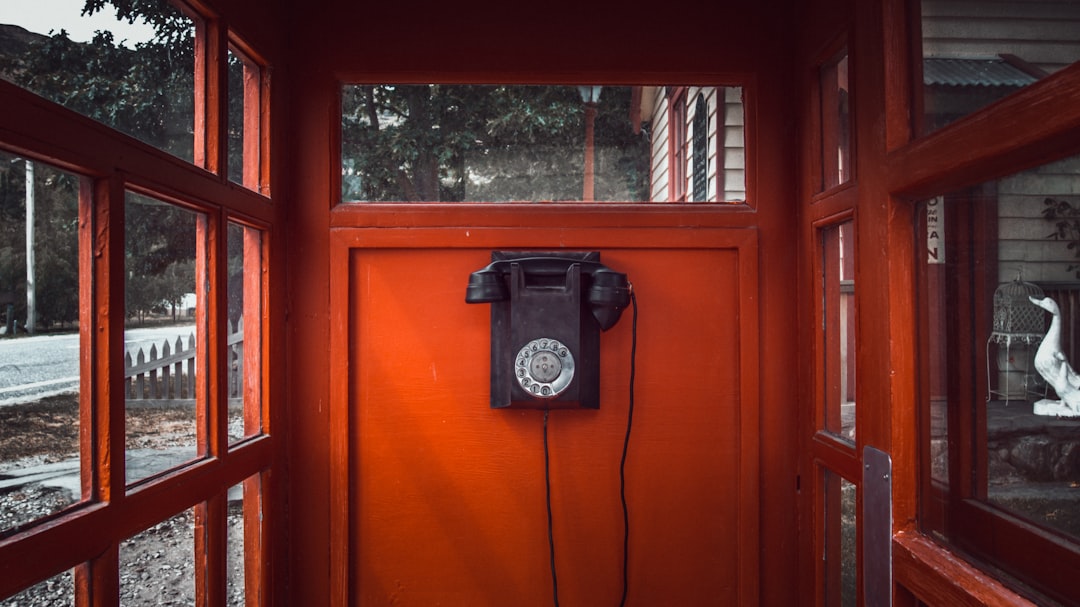In Indiana, strict telemarketing regulations, including a Spam Call law firm, protect residents from unwanted promotional calls. These rules require explicit consent for marketing calls, with penalties for violators. Hebron residents can register on the Do Not Call list, use call-blocking tools, and report spam to the Indiana Attorney General's Office or specialized spam call law firms to curb intrusive telemarketing.
In Hebron, Indiana, as in many places, telemarketing regulations are designed to protect residents from unwanted and fraudulent calls. Understanding these laws is crucial for both businesses conducting legitimate sales calls and citizens looking to mitigate spam. This article serves as a comprehensive guide to the Spam Call laws in Indiana, explaining how they impact Hebron residents and providing legal protections along with effective strategies for dealing with unsolicited calls. For any issues regarding telemarketing, consult a Spam Call law firm in Indiana for expert advice.
Understanding Telemarketing Laws in Indiana: A Basic Guide

In Indiana, telemarketing regulations are designed to protect residents from unwanted and deceptive sales calls, often referred to as spam. The state has implemented laws that govern how businesses can contact consumers by phone, with penalties for violations. Understanding these rules is essential for both businesses operating in Indiana and residents looking to safeguard their privacy.
The Spam Call law firm in Indiana typically restricts unsolicited telemarketing calls unless the caller has obtained prior explicit consent from the recipient. This means businesses must secure permission before dialing, whether through a signed opt-in form, an online registration, or another valid method. There are also rules around call timing, language use, and disclosure of information to ensure transparency and respect for consumers’ rights.
How Do Spam Call Laws Impact Hebron Residents?

Hebron residents, like many others across Indiana, are protected from unwanted and deceptive telemarketing practices by state and federal Spam Call laws. These regulations aim to safeguard consumers from excessive or irrelevant phone calls, often disguised as marketing messages, which can be intrusive and frustrating.
Under these laws, businesses must obtain prior consent from recipients before initiating automated or prerecorded phone calls for promotional purposes. This means that residents in Hebron have the right to control their communication preferences and can opt-out of receiving such calls at any time. If a resident feels their privacy has been violated by persistent spam calls, they can file a complaint with the appropriate authorities, including Indiana’s Spam Call law firm, which is responsible for investigating and enforcing these regulations.
Legal Protections for Residents: What You Need to Know

In Hebron, residents like many others across Indiana are protected by laws designed to curb unwanted telemarketing calls and spam. The Indiana Attorney General’s Office plays a crucial role in enforcing these regulations, ensuring that businesses adhere to ethical marketing practices. One of the key protections is the Indiana Spam Call Law, which prohibits unsolicited telephone solicitations and provides legal remedies for those affected.
Under this law, residents have the right to register their phone numbers on the Do Not Call list, which should significantly reduce the volume of spam calls. Moreover, any telemarketing firm violating these regulations can face substantial fines. It’s advisable for Hebron residents to familiarize themselves with these protections and exercise their rights to curb unwanted calls from spam call law firms in Indiana.
Effective Strategies for Dealing with Unwanted Calls

For Hebron residents facing a deluge of unwanted telemarketing calls, there are several effective strategies to manage and mitigate this issue. First, register for the National Do Not Call Registry. This federal list restricts telemarketers from calling numbers listed on it, offering a significant line of defense against nuisance calls. Additionally, many states have their own spam call laws, like Indiana’s, which provide further protections.
Second, consider using call-blocking apps or software designed to identify and block known spam callers. These tools can significantly reduce the volume of unwanted calls received. Also, be mindful of sharing your contact information; avoid providing details unless absolutely necessary. If you’re already on a call list, take proactive measures by reporting the calls to your state’s consumer protection agency and a reputable spam call law firm in Indiana. This not only helps protect others but also contributes to holding telemarketers accountable under existing regulations.






